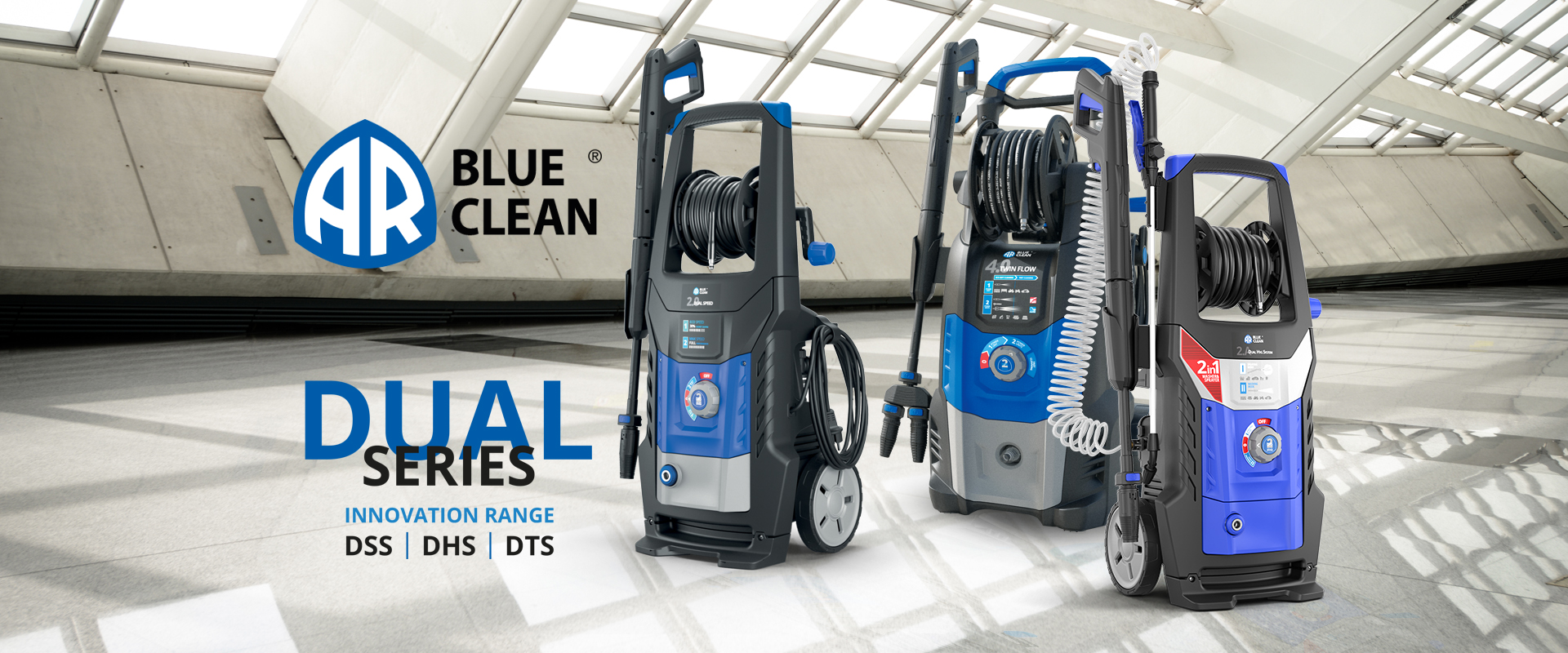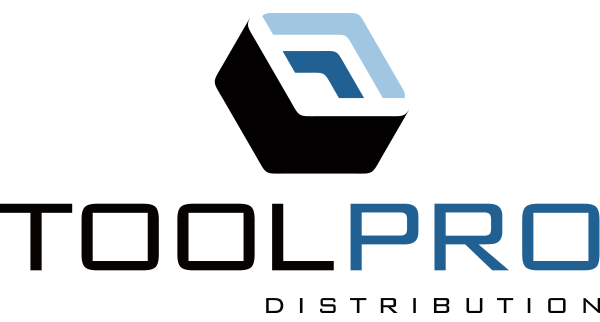5 Parameters for choosing the right high pressure washer

The choice of the right high pressure washer depends on a large number of factors, so here’s our guide to the parameters involved in finding the best model for you.
1. 1. Flow rate, pressure and power
A high pressure washer’s performance is assessed on the basis of its cleaning power, which depends on the combination of two parameters: flow rate and pressure. The flow rate is the amount of water the high pressure washer is able to deliver in a given period of time (litres per hour, l/h). A higher flow rate shortens washing times, and it is on the flow rate that the machine’s possible applications depend.
The pressure (bar), is just as important: it defines the power with which the water leaves the nozzle. The higher the pressure, the greater the achine’s cleaning power, as it has greater penetration. The range starts from high pressure washers able to provide a maximum pressure of 100/120 bar, in the case of models suitable for occasional domestic use, while the value for professional machines may be up to 500 bar.
The main characteristics of a good high pressure washer include the right combination of pressure and flow rate: a machine with high pressure but a very low flow rate would not clean effectively. The motor power of an electric high pressure washer is expressed in watts and is proportional to its pressure and flow rate values. As a rough guide, good models suitable for ordinary household use will be rated between 1.3 and 2.51 kW.
2. Hot or cold water high pressure washer?
There are both hot and cold water high pressure washers on the market. Once again, the choice depends on what you are intending to use the machine for. Hot water washers are more suitable for professional contexts, which require sanitisation or the removal of very tough dirt such as grease and oil, since heat can shift deposits a cold water high pressure washer can’t cope with. Cold water models are effective in all other applications and for domestic use – in these cases, the high pressure jet, combined with the right accessories, means the high pressure washer is perfectly suitable for all the most common jobs.
3. Electric motor or internal combustion engine: differences and properties
High pressure washers may be powered by an electric motor or an internal combustion engine. Although less powerful than engine-powered versions, electric high pressure washers are able to meet domestic cleaning needs and also tend to be more convenient and lighter. On the other hand, machines with internal combustion engines are ideal for anyone seeking a versatile tool able to work in contexts where electrical power is not available, such as construction sides or old buildings.
4. Convenience and portability
Agility, portability and ease of use: these factors may be crucial. Do you need a handy, lightweight machine for use around the home? In this case, the model’s weight will be a factor when choosing it, as will the provision of wheels and a handle for moving it around. What’s more, if you’re looking for a model that doesn’t take up too much space, the right choice may be a compact high pressure washer, which can be stowed neatly away.
5. Accessories and functions
Faced with high pressure washers designed for the same needs, one key factor is the provision of accessories, supplied as standard or available for separate purchase, and of specific functions, such as the remote switchoff system or built-in detergent tank.
